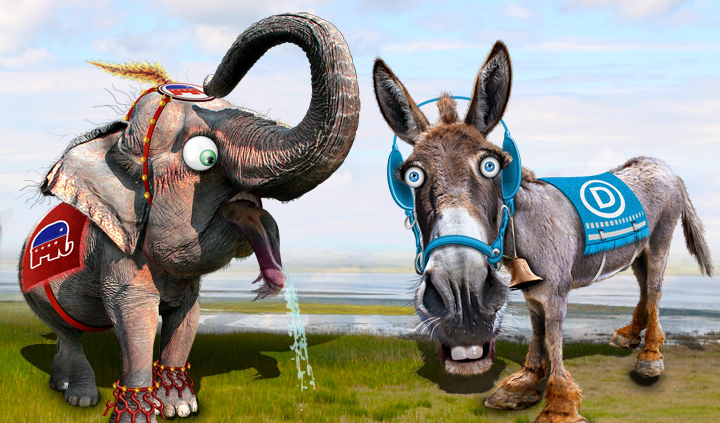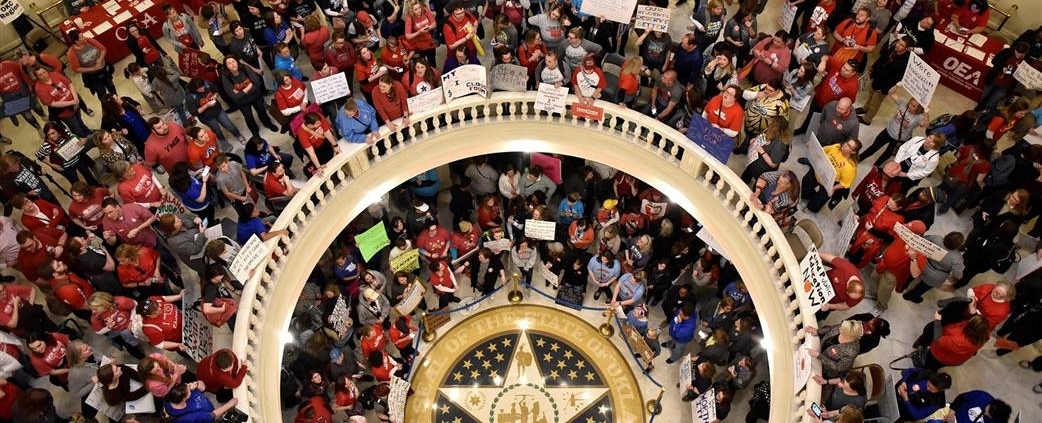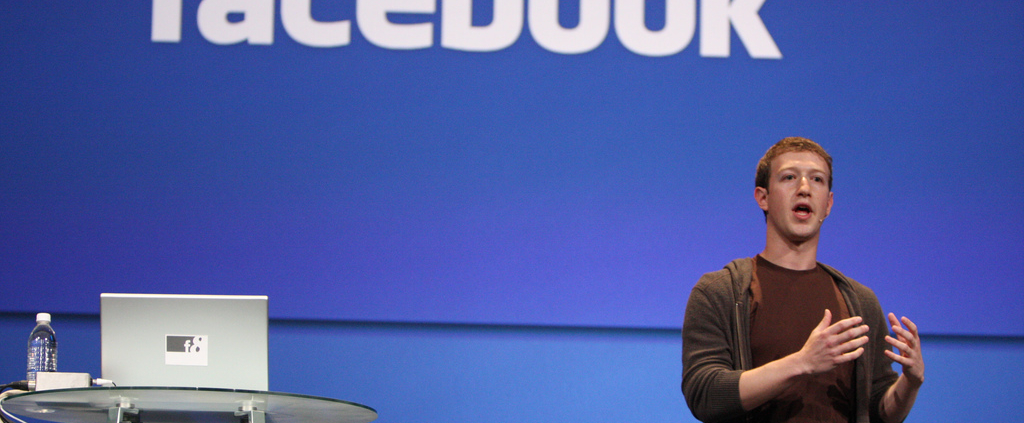Elon Musk’s Reputation Gap, Mission (Not) Impossible, and Brexit: Chase Your Swiss Bliss
Here’s What You Need To Know
Elon Musk has had a tough go at it lately. With safety concerns and delays on the Tesla production line, a disappearing classified government satellite launched from a SpaceX rocket, and a descent into Twitter wars with critics, Musk is discovering what happens when the shine comes off in the public arena. His recent experience is illustrative of the importance of reputation in today’s fluid operating environment and of the political risk faced by companies, organizations, and individuals when there is a gap between public perception and reality. This reputation gap foreshadows public affairs challenges, and so keeping these three key points in mind will help you understand and mitigate such challenges before they occur:
- Fundamentals Matter: Facts are the foundation of any compelling narrative and successful public affairs effort. Because of this, no amount of “spin” can negate a problematic business model or lack of results. In Musk’s case, he has been lauded as a “visionary of the future,” but from SpaceX to SolarCity to Tesla to Hyperloop, his business models have relied on receiving significant government investment – often secured by prodigious lobbying and campaign expenditures. The financial market, and the public, have largely ignored this reality until now through a combination of Kool-Aid and dubious corporate governance to mask failing businesses, but it was only a matter of time until this bubble burst.
- How You Respond Is An Indication Of The Truth: When the bubble burst, Musk’s response only made it worse. Recent criticism, which included articles questioning whether this is his “Kayne West moment,” appear to have touched a nerve with the billionaire, who has taken to Twitter to criticize journalists. It goes without saying that if you need to explain you are not anti-Semitic, you are losing in the public arena. An aggressive, personal response demonstrates that the debate has centered on a pressure point, because if he could counter the negative coverage with facts, he would not have to lash out at the media. Unsurprisingly, Musk’s behavior has only fanned the flames of the viral narrative challenging him, suggesting that every aspect of his empire may soon come under even greater scrutiny in the weeks and months ahead.
- The Greater The Reputation Gap, The Greater The Political Risk: Musk has floated above the reality of his businesses for some time. The past few weeks have shown that he has not appreciated the political risk he faced due to that reputation gap, and his response in the public arena indicates that he did not adequately prepare to anticipate and mitigate those risks. When such a fall from grace occurs, the reputational damage can lead to hard financial costs and even influence investors’ behavior, which is why managing political risk and protecting one’s reputation is more important than ever.
Unlike the Tesla vehicle he launched into space earlier this year (environmental impact be damned), Elon Musk’s reputation is hurtling back towards earth as he finds himself on the losing end of a public affairs challenge largely of his own making. To avoid a similar fate for you and your interests in the public arena, follow the above framework to manage your reputation gap – before you’re in a fight.
News You Can Use
MISSION (NOT) IMPOSSIBLE?
The political world has been fixated by the on-again, off-again summit scheduled to take place between President Trump and Kim Jong Un in Singapore next month, and the media coverage focused on the evolving drama has provided a teachable moment in consuming and analyzing news that we would be remiss to ignore. Last week, a New York Times story claimed “a senior White House official told reporters that even if the meeting were reinstated, holding it on June 12 would be impossible,” which the President took to Twitter to criticize as “wrong” as he insists that date is still a possibility.
The media swung into full action, defending the Times’ reporting, with one fellow reporter leaking that actual recording from the briefing alluded to in the Times story. Yet the recording shows the official never used the word “impossible,” or said June 12th could not work, just that it would be challenging given the short time frame. The word “impossible” was chosen by reporters to characterize (and subsequently, editorialize) the official’s remarks, proving what we here at Delve often find to be the case: just because something is reported doesn’t make it the truth.
BREXIT: CHASE YOUR SWISS BLISS
Conventional wisdom holds that Brexit is an impossible situation for the United Kingdom (UK), but Pieter Cleppe of the independent think tank Open Europe holds the contrary view, offering an analysis highlighting how Switzerland’s experience in negotiating with the European Union (EU) can be instructive for the UK. Switzerland is not a member of the EU yet trades heavily with it, and since the Swiss voted against joining the EU’s single market in 1992, they have negotiated arrangements on the economic, political, and security fronts to their benefit – despite the dire warnings of serious economic consequences from its business community at the time.
While noting differences between the two countries, Cleppe cites the UK’s advantages such as its substantial economic clout and geostrategic prominence as reasons why it too can “have its cake and eat it,” suggesting that the Swiss experience may provide Brexit Britain the roadmap it needs to chase its bliss.
GETTING SCHOOLED ON THE FACTS
In an April edition of TL;DR, we wrote about the trend of public educators organizing across the country to demand an increase in teacher pay, which has only continued since then. From the statistics cited in the public arena, however, one receives an incomplete and misleading picture that obfuscates the true nature of teacher compensation, thereby doing a disservice towards a serious, constructive policy debate. Department of Labor data shows that benefits such as health insurance, paid leave, and pensions comprise an average of 33% of compensation for public school teachers.
These benefits are typically richer than those provided in the private-sector, and private-sector employees work an average of 37% more hours per year than public school teachers. Teacher pensions are also placing a serious burden on state taxpayers that many states have yet to resolve, which is why addressing new demands for higher pay can be financially difficult for states. With the prevailing narrative focused on teacher salary detached from the full context of teacher compensation, this public policy debate has greatly misinformed the public and demonstrates the harm that viral narratives devoid of context can inflict on substantive policy issues if unchallenged.
BEWARE OF…EXTREME CENTRISTS?
Much is made of the influence of today’s extreme fringes on our politics, but it may be that those “cold and timid souls” in the center are no less dangerous to democracy. Writer and researcher David Adler examined research showing that “across Europe and North America, centrists are the least supportive of democracy, the least committed to its institutions and the most supportive of authoritarianism.” This finding may come as a surprise, but it can be speculated that centrists who are less steeped in ideology desire “strong and efficient government over messy democratic politics,” and are therefore more comfortable with authoritarianism so long as it appears benevolent and gets stuff done.
In light of this data, Winston Churchill’s timeless observation on democracy bears repeating: “Democracy is the worst form of Government except for all those other forms that have been tried …”









